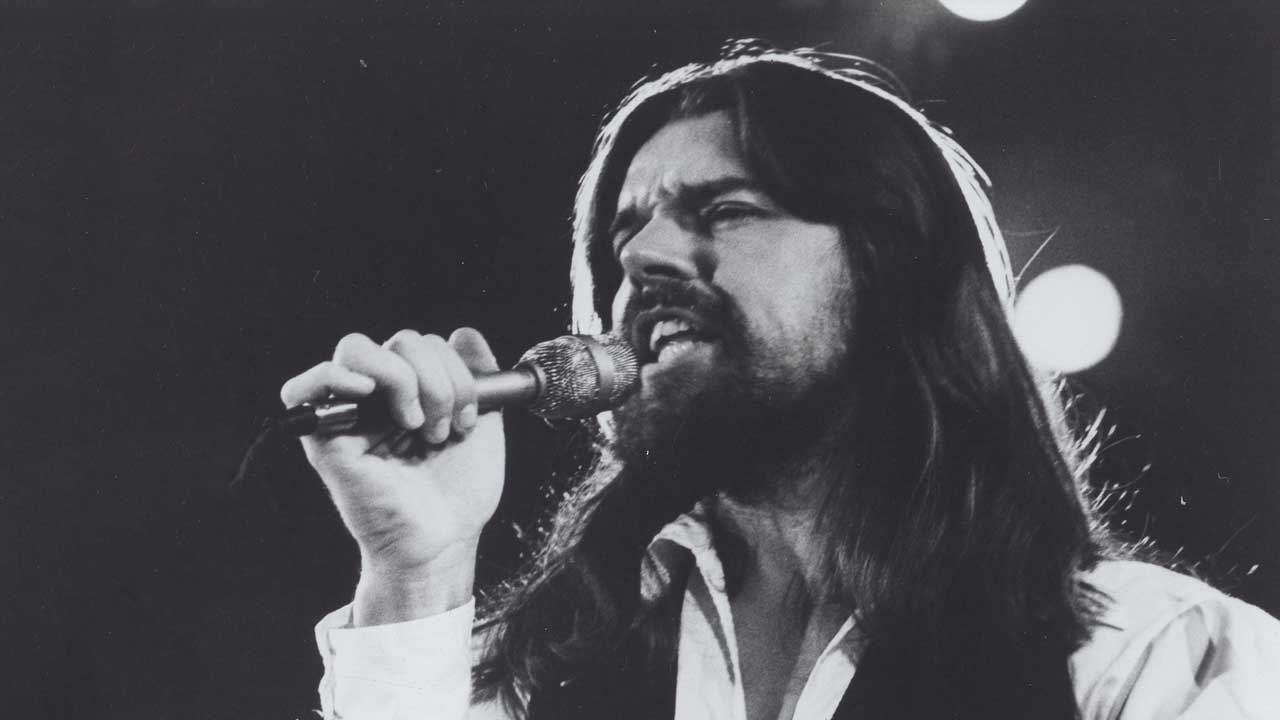For all the eventual success the blistering live album ‘Live’ Bullet brought Bob Seger, a series of false starts and bad breaks meant it had been a decade-long battle to get noticed outside the Motor City. In 1967 his single Heavy Music sold more than 60,000 copies in Detroit alone and threatened to break out nationally but his label, Cameo/Parkway, went bust and distribution collapsed.
It got so bad that, after 1969’s half-hearted Noah album, a frustrated Seger considered enrolling in college to study criminology. The follow-up album, Brand New Morning, was an introspective, acoustic collection that ended his first stint at Capitol Records. “Everyone has down periods,” Seger said in 1977. “The acoustic album was the depths for me.”
It got better. By 1973, Seger had brought on board most of the musicians who would form the Silver Bullet Band and provide a formidable backing for whichever direction he took. They could burn like the MC5, funk like the JBs, blast gleefully through Chuck Berry-style rockers, or provide a suitably wistful backing for Bob’s many ballads. For while Seger has been unfairly maligned as a meat-and-potatoes rocker by some, it’s his strengths as a balladeer that truly mark him out as unique.
All his best albums are dominated by aching, romantic, coming-of-age songs, and it was anthems such as We Got Tonight and Night Moves that really connected with his audience. Indeed, fellow Midwesterner Prince was inspired to write Purple Rain after becoming fascinated by the hold Seger’s power ballads had over arena crowds.
Bob Seger released more studio albums in the 70s than he did in the four decades that followed, and his final album before retiring to the golf course was 2017’s I Knew You When, which featured a young Seger on the cover. Business was done. No 50th Anniversary box sets, no deluxe editions, no fanfare.
Here we rank all 18 studio recordings – plus two live albums – from wobbly worst to barnstorming best.


